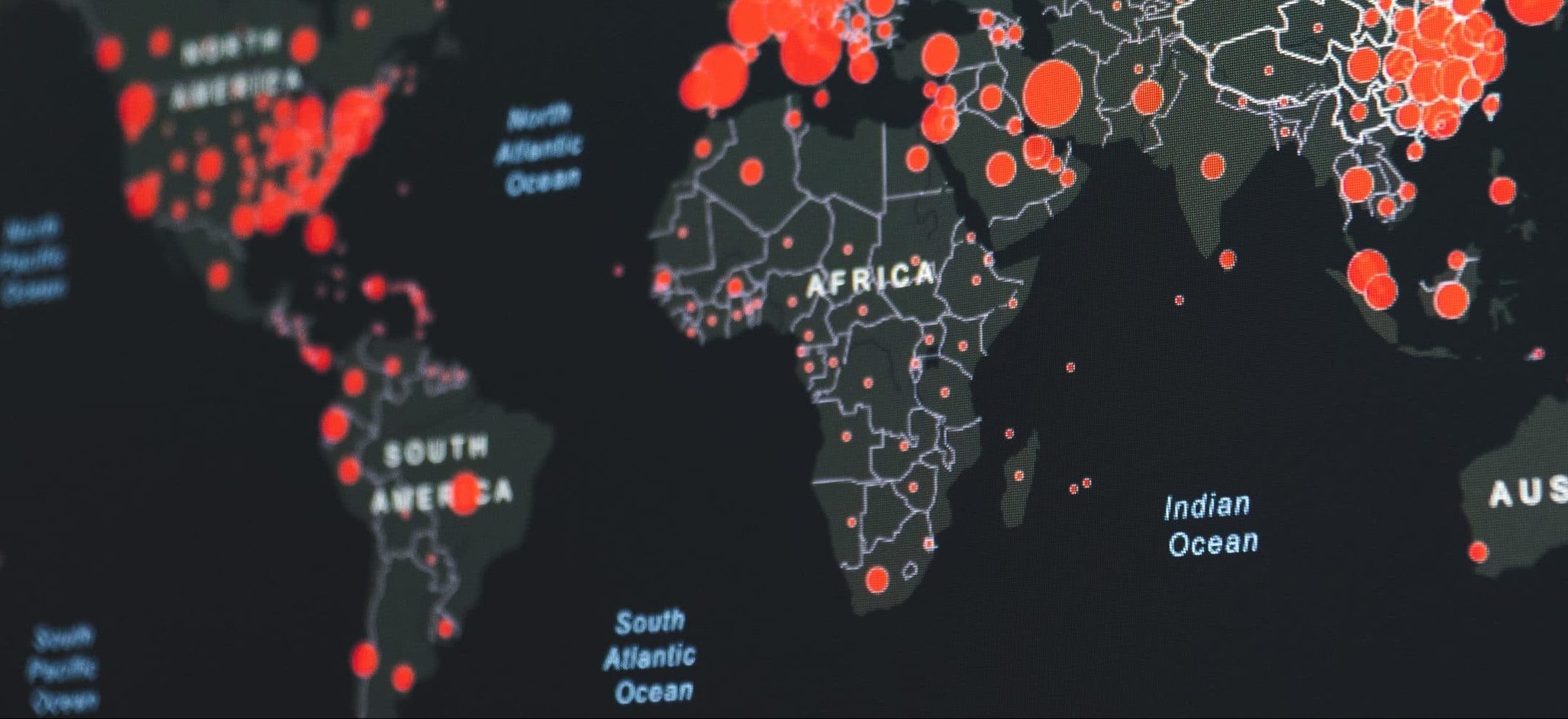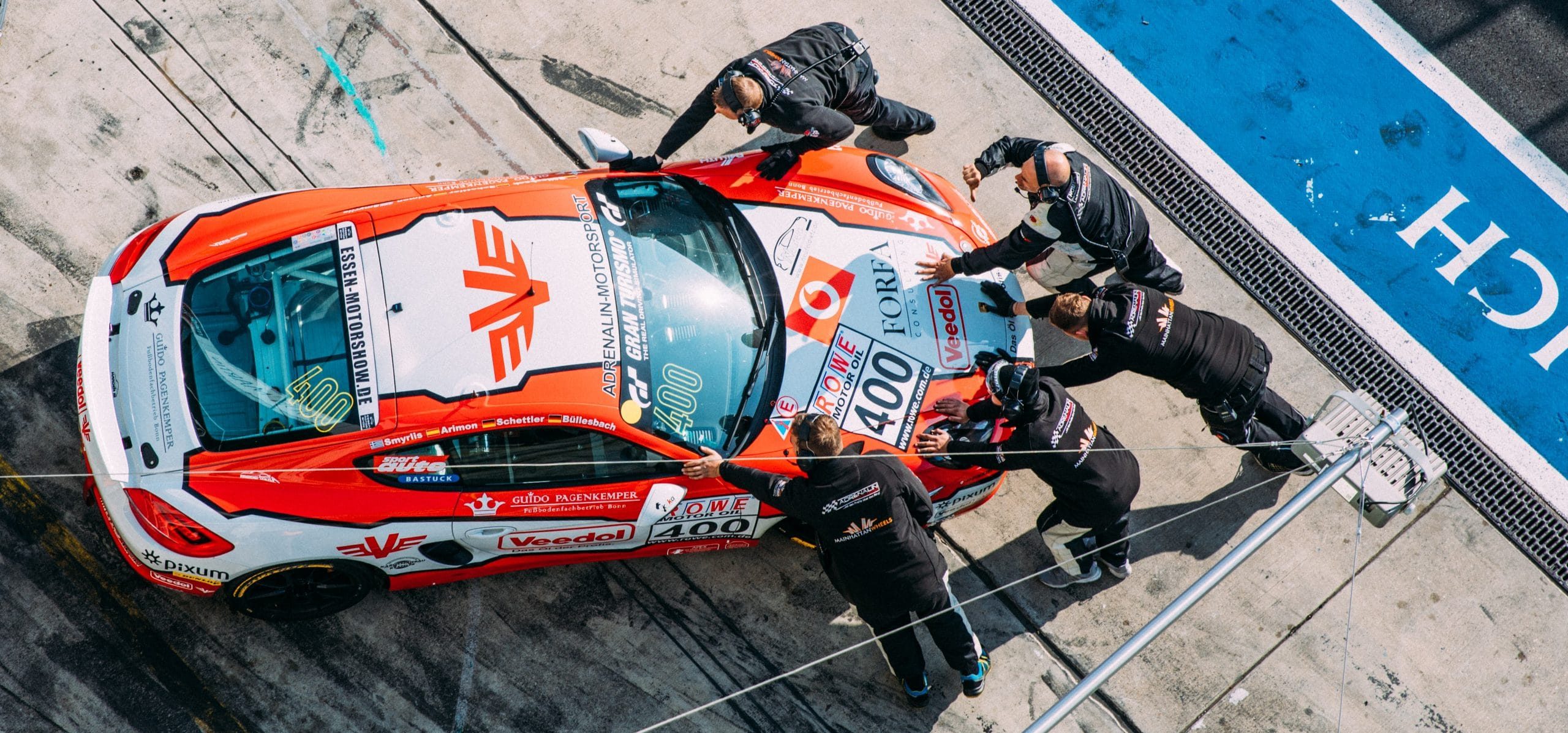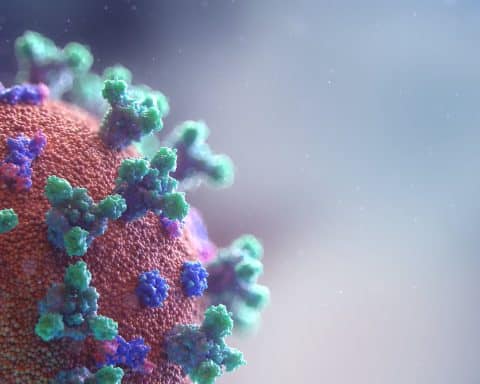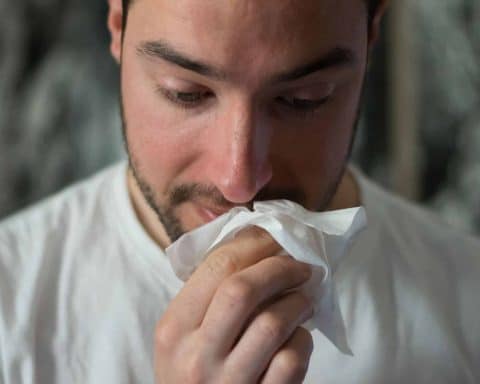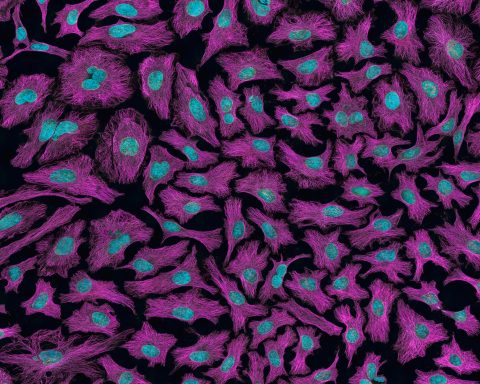Kath Brown is a GP Partner at Narrowcliff Surgery in Newquay. The #vaccinatetheworld campaign is on Twitter: @world_vaccinate campaign
Close your eyes… can you remember that first Covid vaccine clinic? Do you remember the phonecall to say the vaccines were on their way? The frantic rush to prepare, check fridges, call patients, set up rooms with equipment. Do you remember that slight shake as you made up that very first dose? Or the faces of the patients, filled with joy at the thought of receiving their ticket to a hug or the disappointment when you had to turn them away when ineligible or worse you had run out of doses for the day? Do you remember the logistics of delivering to care homes, the housebound? Do you remember the relief knowing you and your colleagues had some protection when seeing Covid patients and how you feel when an unvaccinated patient ends up in ICU now? Can you remember the dilemma of which clinics to stop to be able to vaccinate instead?
It doesn’t take much to conjure up those memories of such an intense time.
Can you imagine what it feels like to run a vaccine programme with insufficient supplies of syringes, needles, and cotton wool?
But can you imagine what it feels like knowing there is a vaccine against Covid, yet you have no access to vaccines? Can you imagine what it feels like to run a vaccine programme with insufficient supplies of syringes, needles, and cotton wool? No fridges, intermittent electricity? Can you imagine what it feels like to turn away a man who sacrificed work and food that day for his family, to walk 5 hours to a clinic only to be told there were no doses that day? Or travelling for hours on bumpy roads to deliver doses in remote areas? Can you imagine trying to decide how to deliver vaccines in these circumstances – with a 2-week expiry date? Can you imagine continuing to treat Covid patients while you remain unvaccinated despite the existence of a vaccine? Or having to stop lifesaving treatment for malaria, HIV, Aids, and childhood malnutrition so that you can deliver a vaccine programme?
This is the reality today in the global south.
Although Covid has exposed our long-standing domestic drivers of poor health, we simply cannot ignore global health inequalities during a global pandemic.
In fact, if we now consider three vaccines a necessity then <1% of the global south are protected against Covid 19. In the UK 77% of the population have been vaccinated, in Nigeria it is just 7%.1
This is not fair.
Fear was everywhere. On the faces of patients as they struggled to breath, on the faces of colleagues after long exhausting shifts.
The last 2 years have been a rollercoaster of emotions. Fear was everywhere. On the faces of patients as they struggled to breath, on the faces of colleagues after long exhausting shifts. Fear of contracting Covid and taking it home to loved ones. Fear that the PPE was insufficient or worse, fear that the makeshift bin bag scrubs and builders’ masks would not protect. Fear that hospitals were overwhelmed and would run out of beds, staff, oxygen.
Fear followed by heartache. Heartache and despair as patients died in their thousands. Heartache as families were deprived of those final minutes. Heartaches as colleagues succumbed to the virus and died. Heartache that life’s milestones went unmarked and alone.
But that fear we experienced two years ago is the reality in the global south today. Healthcare systems, struggling at the best of times are unable to cope with the demands of a vaccination programme. Doctors and nurses are working unvaccinated and with no PPE, tests or treatment and they are dying as a result. Millions of children have been orphaned. Increasingly UK healthcare professionals are frustrated that the link between poor vaccination rates in the global south and the emergence of new variants seems to be ignored. We know that Covid disproportionally affects the old, the vulnerable and the poor.
This is not fair.
In February 2022 the Access to Covid 19 Tools Accelerator (ACT-A), a partnership of leading global agencies, including WHO and COVAX showed how we can meet the WHO target. They have launched a costed business plan based on fair share financing from rich countries. This will enable them to support healthcare systems to roll out their vaccination programmes and to deliver tests, treatment, and PPE to those we need.2
The UK ‘fair share’ requested is a mere £720 million2 compared to the eye watering £370 billion spent on our domestic response,3 or £37 billion on tests and trace.4 £720 million may sound like a large sum but represents just 0.036% of our annual GDP.5 Or put another way, it represents £20 for every fully vaccinated UK citizen. It is a small sum compared to the £10 billion that UK ministers have decided to recently write off for lost, unusable or overpriced PPE.6
There are clear advantages to the UK funding ACT-A. We protect ourselves from the emergence of potentially more lethal variants. The impact of a further wave on an already struggling NHS would be devastating. Just as importantly though we have a moral obligation. Failing to meet the WHO target could result in a further 5 million deaths worldwide.2
Many of you will have heard of #VaccinateTheWorld, a UK based campaign that has the support of the RCGP and numerous partner organisations including the BMA, other Royal Colleges and the Doctors Association-UK.
They have a simple message:
- Please ask the Prime Minister to donate £20 in your name to vaccinate the world.
- To support this campaign please go to www.vtw.org.uk
- We are not safe until we are all safe
- Let’s pay our fair share, help redress some global health inequalities and help end the ongoing global pandemic.
For more info and to sign our petition please visit https://www.vtw.org.uk/
References
- Coronavirus (COVID-19) Vaccinations – Our World in Data
- ACT-Accelerator ‘fair share asks’ – by country (who.int)
- Public spending during the Covid-19 pandemic – House of Commons Library (parliament.uk)
- “Unimaginable” cost of Test & Trace failed to deliver central promise of averting another lockdown – Committees – UK Parliament
- Gross Domestic Product (GDP) – Office for National Statistics (ons.gov.uk)
- Covid-19: Government writes off £8.7bn of pandemic PPE – BBC News
Featured image by Martin Sanchez on Unsplash

